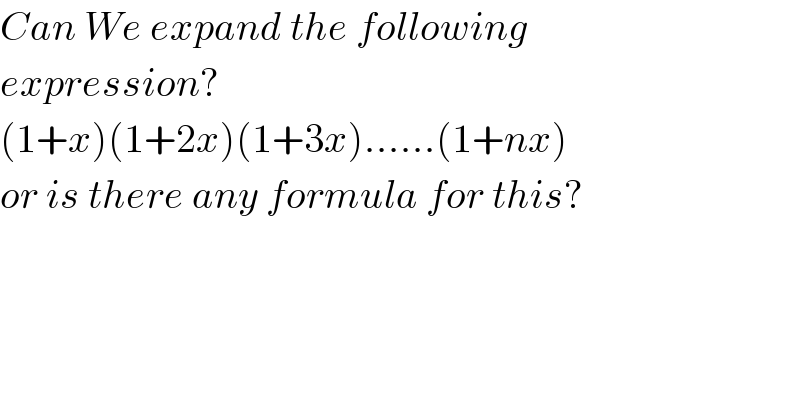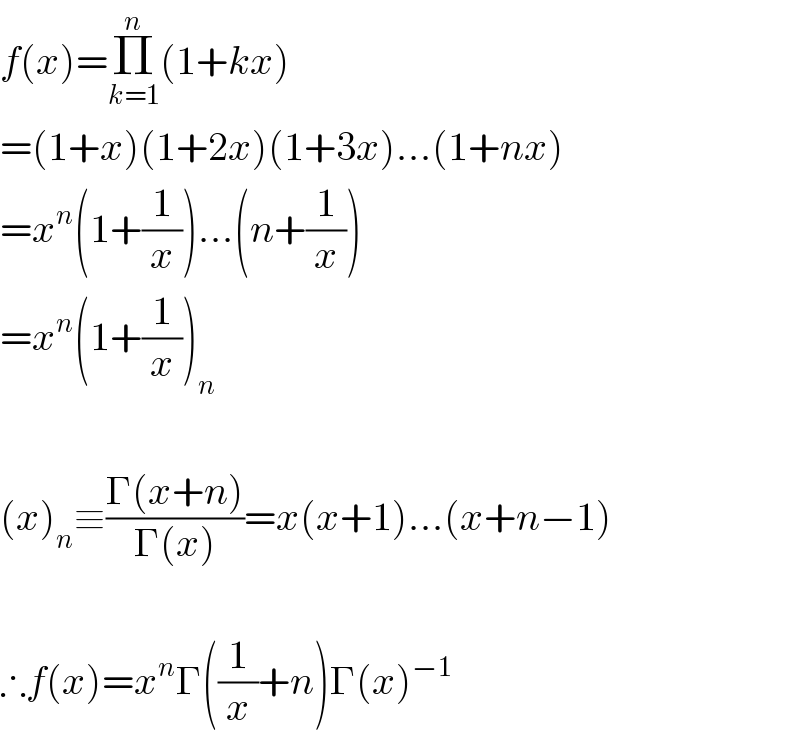
Question and Answers Forum
Question Number 30267 by Nayon.Sm last updated on 19/Feb/18

Commented by Penguin last updated on 19/Feb/18

Commented by Nayon.Sm last updated on 19/Feb/18

Commented by Penguin last updated on 19/Feb/18

Commented by Nayon.Sm last updated on 19/Feb/18

Commented by Penguin last updated on 19/Feb/18

Commented by abdo imad last updated on 20/Feb/18

Commented by Nayon.Sm last updated on 10/Mar/18
Yes
